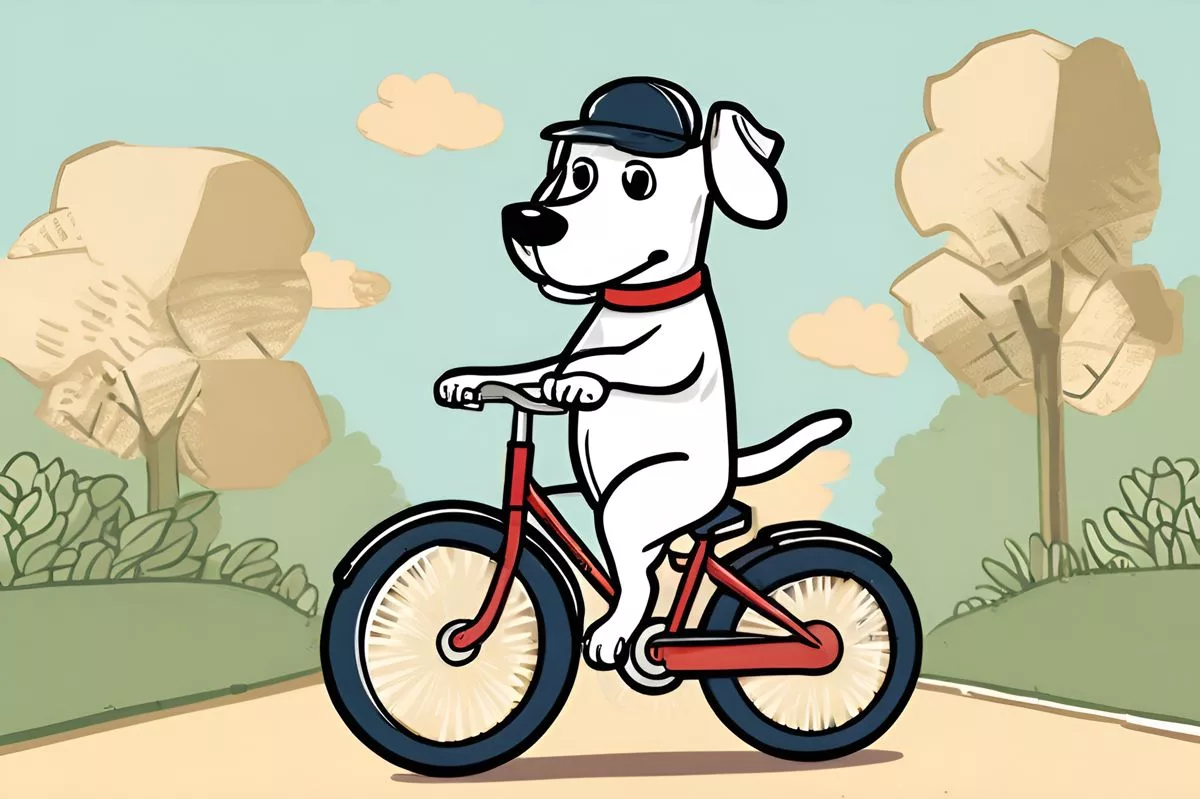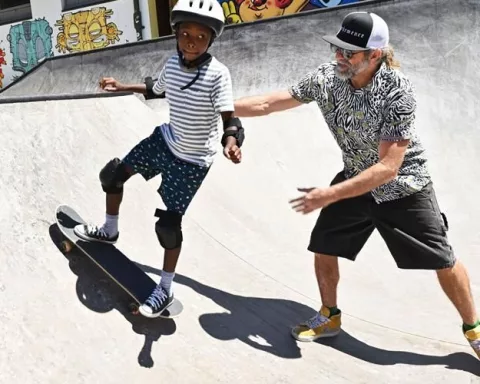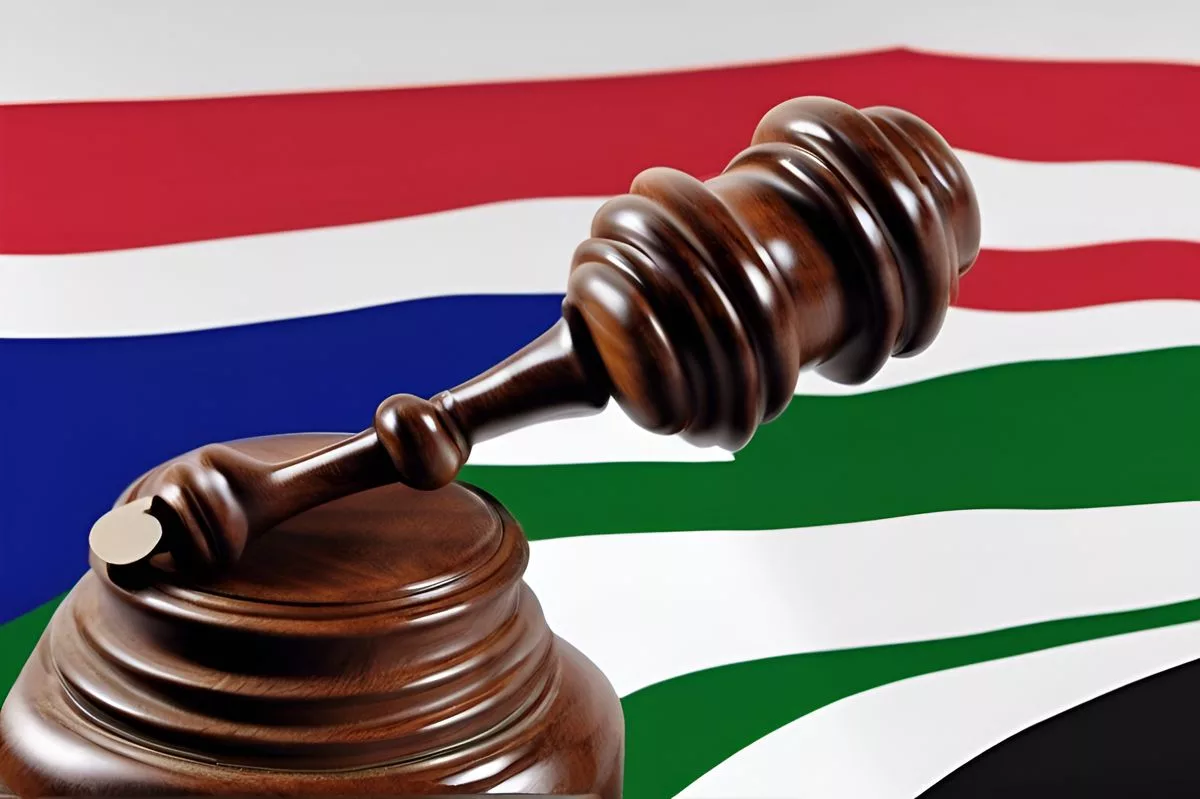AfriPaw is a non-profit organization that provides quality pet care to underprivileged communities in Cape Town, such as Vrygrond. They recently launched an innovative bicycle pet taxi service, enabling elderly and pet owners concerned about crime to transport their pets to AfriPaw’s monthly clinics safely and conveniently. AfriPaw also conducts free monthly clinics, extensive sterilization campaigns, and educational workshops, with the ultimate goal of cultivating responsible pet ownership through education. Their work is transforming the lives of pets and their owners, one bicycle ride at a time.
How is AfriPaw providing quality pet care to underprivileged communities in Cape Town?
AfriPaw, a non-profit organization, is bridging the gap between required veterinary resources and their accessibility in underprivileged communities like Vrygrond, Cape Town. Their latest initiative, an innovative bicycle pet taxi service, enables elderly and pet owners concerned about crime to transport their pets to AfriPaw’s monthly clinics safely and conveniently. The pet taxi initiative is just one of the many programs AfriPaw conducts, including free monthly clinics, extensive sterilization campaigns, and educational workshops. AfriPaw’s ultimate goal is to cultivate responsible pet ownership through education.
In Vrygrond, an underprivileged community in Cape Town, AfriPaw operates as a beacon of hope for pet owners. As a non-profit organization, AfriPaw was established in 2017 with a mission to bridge the disparity between required veterinary resources and their accessibility. This group’s latest initiative, an innovative bicycle pet taxi service, underlines their dedication to this mission.
The Unseen Challenges of Vrygrond
Upon first glance, Vrygrond might be mistaken for a typical under-resourced community. However, a closer examination reveals a critical lack of access to veterinary clinics. This issue was highlighted by Anél Wesson, AfriPaw’s Co-Founder and Director, who observed that “People couldn’t get to the clinic because their pets were unwilling to walk the distance.”
Her observation revealed an urgent requirement: a solution that would enable pet owners, especially the elderly and those concerned about crime, to transport their pets to AfriPaw’s monthly mobile clinics at Capricorn Primary School in a safe and convenient manner. These clinics provide a host of services, from vaccinations and sterilizations to general health evaluations.
The Birth of the Pet Taxi
The image of pet owners resorting to creative means like trolleys to transport their pets to the clinic inspired Wesson and her team at AfriPaw. However, the need for a solution that was not only innovative but also feasible, affordable, and community-friendly was clear. Thus, the idea of a bicycle pet taxi was conceived.
Despite still being in its experimental phase, the pet taxi is showing immense potential. Discussions are ongoing about the ideal bicycle model to support the weight of pets. 4Evr Plastic Products has generously donated the pet cart’s design and assembly, but AfriPaw is actively soliciting sponsorships to advance the project. The estimated initial setup cost for a unit is R25,000 for the first year, followed by an annual expenditure of approximately R7,000, which covers the bicycle, cart, cage, and cyclist’s wages.
The aspiration for the first year is to run between five to ten taxis, reflecting AfriPaw’s commitment to community development and sustainable solutions. Through their services, they cater to about 650 pets, predominantly dogs and cats, from the wider community.
Beyond the Pet Taxi: AfriPaw’s Holistic Approach
AfriPaw’s initiatives are not confined to the pet taxi service. They conduct a range of programs including free monthly clinics, extensive sterilization campaigns, and educational workshops. They also collaborate with other animal welfare organizations such as TEARS Animal Rescue, Animal Lifeline, and Aid4Animals in Distress.
Community involvement is a critical component of AfriPaw’s operations. Local volunteers, known as ‘ambassadors’, not only assist in executing the programs but also receive a stipend, encouraging a sustainable and empowering community-led initiative. Domaine Martin, a local resident and volunteer, emphasizes the pivotal role of AfriPaw’s services in the community, noting that many pet owners struggle to care for their pets due to unemployment.
Transforming Lives, One Bicycle Ride at a Time
The gratitude of the community towards AfriPaw is unmistakable. Capricorn resident Alessandro Jeftha praises their work. “They offer a fantastic service for our pets,” he shares, acknowledging the value of the free service.
AfriPaw’s ultimate goal transcends the provision of services. It aims to nurture relationships with pet owners in underserved areas and cultivate responsible pet ownership through education. Wesson dreams of a future where AfriPaw’s model is adopted in other similar areas.
AfriPaw’s pet taxi initiative serves as a shining example of innovation driven by necessity. It symbolizes the transformative power of intent, empathy, and community collaboration, and stands as a testament to AfriPaw’s unwavering commitment to enhancing the lives of pets and their owners, one bicycle ride at a time.
1. What is AfriPaw?
AfriPaw is a non-profit organization that provides quality pet care to underprivileged communities in Cape Town, such as Vrygrond.
2. What is AfriPaw’s latest initiative?
AfriPaw’s latest initiative is an innovative bicycle pet taxi service that enables elderly and pet owners concerned about crime to transport their pets to AfriPaw’s monthly clinics safely and conveniently.
3. What other programs does AfriPaw conduct besides the pet taxi service?
AfriPaw conducts free monthly clinics, extensive sterilization campaigns, and educational workshops.
4. How does AfriPaw involve the community in its operations?
AfriPaw involves the community through local volunteers known as ‘ambassadors’, who not only assist in executing the programs but also receive a stipend, encouraging sustainable and community-led initiatives.
5. How is AfriPaw’s pet taxi initiative funded?
AfriPaw is actively soliciting sponsorships to advance the pet taxi project, with an estimated initial setup cost of R25,000 for the first year, followed by an annual expenditure of approximately R7,000.
6. What is AfriPaw’s ultimate goal?
AfriPaw’s ultimate goal is to cultivate responsible pet ownership through education and nurture relationships with pet owners in underserved areas. They aim to enhance the lives of pets and their owners, one bicycle ride at a time.












